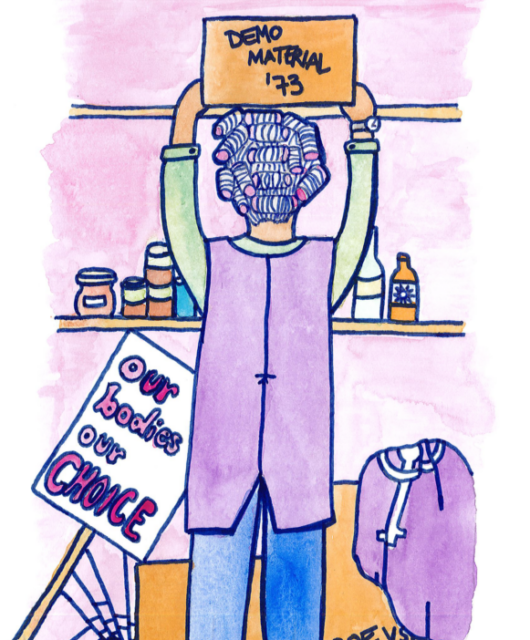The pandemic and the federal government recommendations for remote work has moved many consumers to shop, work, and have happy hour online. This has even extended to buying pets online.
Time. The one thing in life you cannot get more of. “I would love to have a pet, but I just don’t have the time.” – A common reason why people don’t take on the responsibility of owning a pet. Unless you live in the age of COVID-19 and suddenly find your daily commute shortened and your social life drastically less … well, social.
Experts Agree: Don’t Buy your Pet Online
Buying pets online has seen a boom in the past year. The pandemic has awakened the public’s love for pets. The online platform Anibis has seen a thirty percent increase in searches for cats and dogs. Similarly, tutti, another online retailer primarily focusing on resale goods, has seen a dramatic increase in searches; eighty percent for dog searches, and ninety percent for cat searches.
Rommy Los, the manager of the association “Zürcher Tierschutz” remarks: “We received puppies that were purchased with one mouse-click online from abroad. They were paid for in cash and delivered to their front door. As this decision was not properly thought out, the puppies were handed over to us after three days. The online puppy trade is a huge problem in the pet industry.”
This is not a one-off scenario. Yvonne Simon, from the Animal Shelter Rosenberg in Winterthur shares a story about a husky puppy that was imported from Brazil to Switzerland, only when the puppy arrived for a family member to realize that they had a dog allergy, and it was given up for adoption at the Animal Shelter Rosenberg.
All the animal shelters interviewed by Spectrum voiced the same warning; don’t buy your pet online. The current pandemic has given the impression that life can be conducted online and that anything is as easy as “add to basket”. The biggest problem with buying a pet online is that a buyer does not know where the pet is coming from, or what kind of background the animal has. In many cases, a pet bought online comes with a variety of health problems.
However, while there seems to be an increase in people looking to buy a puppy online, the same cannot be said for the animals shelters in Switzerland. The Swiss media has reported on a dramatic increase in the number of dogs and cats purchased and registered in the last year, a majority of the shelters interviewed by Spectrum reported no dramatic changes in the number of animals they shelter. “We have seen neither an increase or decrease in the number of pets in our care,” says Heinz Lienhard, President of the Animal Protection Agency in Kreuzlingen and surrounding region, “for us it has been business as usual.”
 One Problem of Many: Pandemic Pets after the Pandemic
One Problem of Many: Pandemic Pets after the Pandemic
This doesn’t stop workers at animal shelters from worrying about what the future will bring. “The boom that the media has already addressed, of animals being given up for adoption, has not occurred yet”, says Katja Holenstein from Strubeli Animal Shelter, “however, we are expecting that more animals will be given up as soon as more people return to life back in the office.”
This fear is shared by Therese Beutler, Head of Tierheim Oberbottigen: “When home office regulations are removed, I fear that many pets will no longer be able to be kept.”
Some animal shelters are taking precautions against potential “pandemic pet” adoptions. One shelter employee, who wanted to remain anonymous, made clear that they are knowingly not allowing more dogs to be adopted during this time exactly because of these fears, adding that individuals who are interested in adoption are currently more rigorously scrutinized.
Lack of Social Life for Pets
While the pandemic is allowing people to spend more quality time with their pets, it comes with some unforeseen hurdles for dog owners. Many cantons require dog owners to attend a certain number of courses. However, during the federal attempt to reduce the spread of COVID-19 through the shut-down of industries, one of the affected organizations are dog schools.
Sarina Forster from Hundeschule Sarina says: “the relationship between owners and their dogs have strengthened. However, due to the social distancing regulations people remain distanced and uncertain about attending dog school. This means a reduction in socialization for dogs. This can be problematic in the future, especially for dogs with behavioral issues and puppies in their formative years.” Beat Eichenberg, a trainer from the Wolfsrudel dog school, agrees with her assessment: “The biggest positive to come out of the pandemic is that owners can spend more time with their pets. But new experiences and socialization are important for dog training and without these contacts, it could cause long term behavioral problems.”
This concern about the lack of socialization is not unfounded. An owner of two Australian Shepherds (called Ray and Buc) says that she believes that the pandemic and the restrictions have caused some behavioral issues with her dogs. “I think that COVID-19 hitting just one month after our pups coming home definitely affected them! We went a long time without visitors to the house and I wonder now if that is why Ray and Buc don’t like people in the house.”
The pandemic is not forever. A pet is a commitment of 10 to 16 years. If you are considering a pet, try testing the water slowly, maybe by pet sitting through a dog sharing platform like Hundelieb. If you think you are ready for a longer commitment, consider fostering first. And most importantly remember, never, ever buy a pet online. It’s an animal, not a pizza.
Infobox:
Want to help make a dog or cats life better? COVID-19 has hit the animal shelter organizations especially hard. Many shelters are reporting a loss of donations or income of up to 95%. Consider donating to your local shelter.






